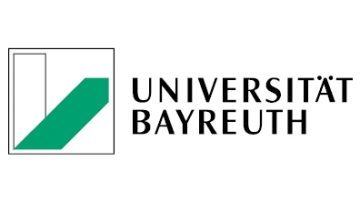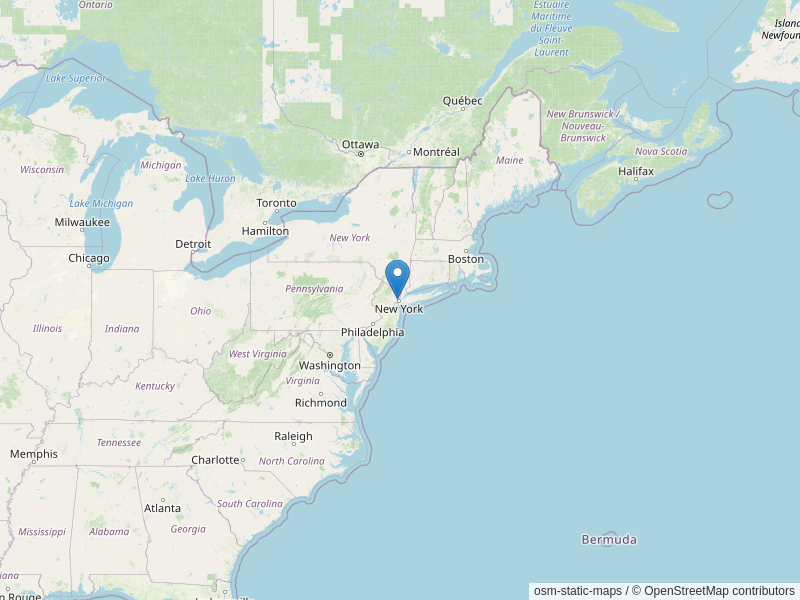Graduate

Good to know:
While there are many similarities between the US and the German higher education system, there are also a couple of key differences that you should keep in mind when thinking about pursuing graduate studies in Germany:
- In Germany, a Bachelor’s degree enables you to enroll in a Master’s program. It is not possible to enroll in a PhD program with only a Bachelor’s degree.
- If you are interested in a PhD program, you must already have completed a Master’s degree. See here for more information on pursuing a PhD in Germany.
- Further, universities usually require that your Bachelor’s degree is in a similar field (i.e. your major) as the Master’s program you are interested in, the so-called “field of studies requirement”. In some cases, universities also require work experience as part of the application process.
Make sure to contact the university you are interested in attending directly for detailed information on the application requirements of their Master’s programs. Click here to learn more about the different types of degree programs in Germany.
Anyone wanting to study at a university in Germany needs to prove that they qualify for entrance to the German higher education system. In German, this is called a “Hochschulzugangsberechtigung (HZB)”, or “higher education entrance qualification”. Whether you qualify for higher education in Germany will depend on your educational background or professional qualifications.
If you have a Bachelor’s degree, you are generally eligible to apply to a graduate degree program in Germany. Make sure to check the specific application requirements for the Master’s program at the university you are interested in to make sure that you have a Bachelor’s degree in one of the required subject areas.
For most degree programs, knowledge of German is a prerequisite for admission to German university. You can prove your German language proficiency by taking a language test, such as the TestDaF or DSH. Some universities also accept the Goethe Institut Certificates B2 and higher as proof of German skills for the initial application, and then require successful applicants to take an additional test prior to enrollment. Some universities do not ask for proof of German language proficiency if you plan on studying there for only one or two semesters. Make sure to contact the international office of the university you are planning on applying to for details on language test requirements.
You do not need to know German if you intend on enrolling in an international degree program. Currently, there are more than 1000 international degree programs offered on the graduate level.
Click here for more information on German language skills requirements.
Uni-assist e.V. is the “University Application Service for International Students.” Uni-assist e.V. processes applications from international students on behalf of most German universities. You can find a list of all member universities accepting applications for Master’s programs through Uni-assist e.V. here. If the university you are interested in applying to is not a member of Uni-assist e.V., please apply directly to the university. All applicants interested in pursuing a PhD will apply directly to the graduate school or research institution.
Regardless of whether you apply through Uni-assist e.V. or to the university directly, please check each university for the required application documents and their application deadline. Most universities have an online application system, but they may still require that notarized copies or originals of certificates are sent to Germany. Uni-assist e.V. recommends sending all documents at least 8 weeks prior to the deadline. Click here for more information on Uni-assist e.V. and their application process.
The majority of universities in Germany are funded by the government. Bachelor and most Master programs at public universities are generally tuition free. Certain Master programs, e.g. professional degrees, might charge tuition; however, compared to other countries, these are still relatively affordable. Private institutions of higher education may charge higher tuition fees.
The federal state of Baden-Württemberg has however announced that it will begin charging tuition fees (for Bachelor’s, Master’s, Diplom and state examination degree programs) of €1,500 per semester for non-EU citizens beginning the winter semester of 2017/18. Doctoral candidates will not be subject to fees. Students who are already studying in Baden-Württemberg and have not graduated by the 2017/18 winter semester will not be required to pay tuition fees to complete their degree. DAAD scholarship holders who have received their letter of award on May 17th, 2017 or earlier – the day on which this new law took effect – will not be required to pay tuition fees either. Further, EPOS scholarship holders are exempt from tuition fees.
You can find detailed information on the degree programs and their costs here.
All students will have to pay a small service fee ranging from EUR 150 to EU 300 per semester, depending on whether or not a student ticket to public transportation is included. Students in Germany also receive many benefits with their student ID, such as discounts for entertainment, cultural events and more.
To learn more about university fees, click here.
Living expenses vary from city to city. On average, students will need to budget about EUR 800 per month to cover their cost of living, including. Unicum offers a cost calculator for various regions in Germany and breaks down expenses for you. For more information on living expenses, housing accommodations, and student life in general, click here.
Please also note that as an international student in Germany, you will be required to show a certain amount of funds in order to obtain a student visa. Visit the German government website or a German consulate in your region for more information: www.germany.info.
Finding the Right Degree Program
For all available degree programs offered at German universities, you can check the DAAD database here, and also www.study-in-germany.de as well as www.hochschulkompass.de. If you would only like to see programs in English, visit the DAAD database for international degree programs here. Currently, approx.. 1,800 Master’s programs are offered in English, however, please note that availability of English-taught programs may depend on the subject area. Also, keep in mind that even though you may choose to attend a program in English, you may still have to fulfill certain German language requirements. Make sure to contact the international office of the university you are planning on applying to for details.
If you are interested in pursuing a PhD program in Germany, you can find more information on the Research in Germany website here.













